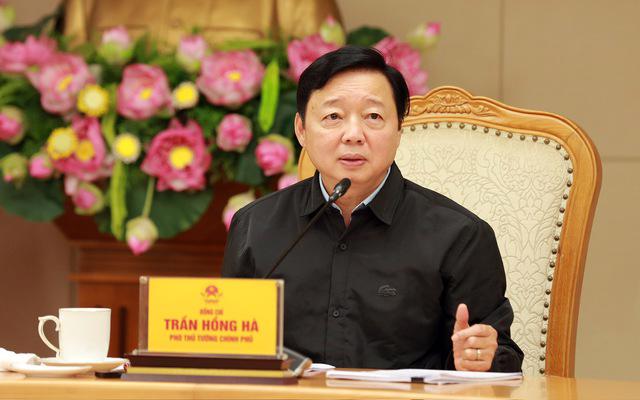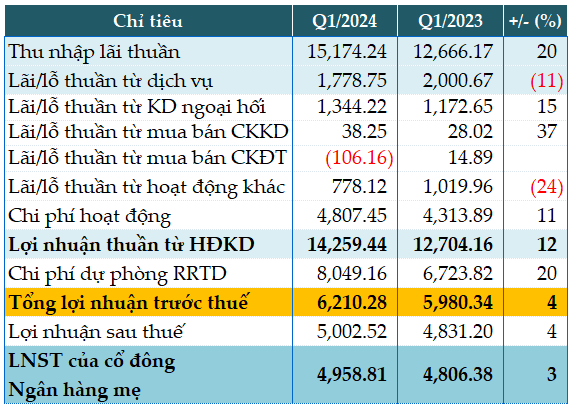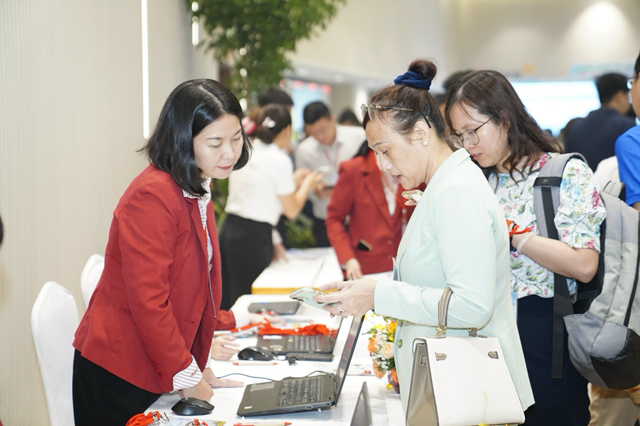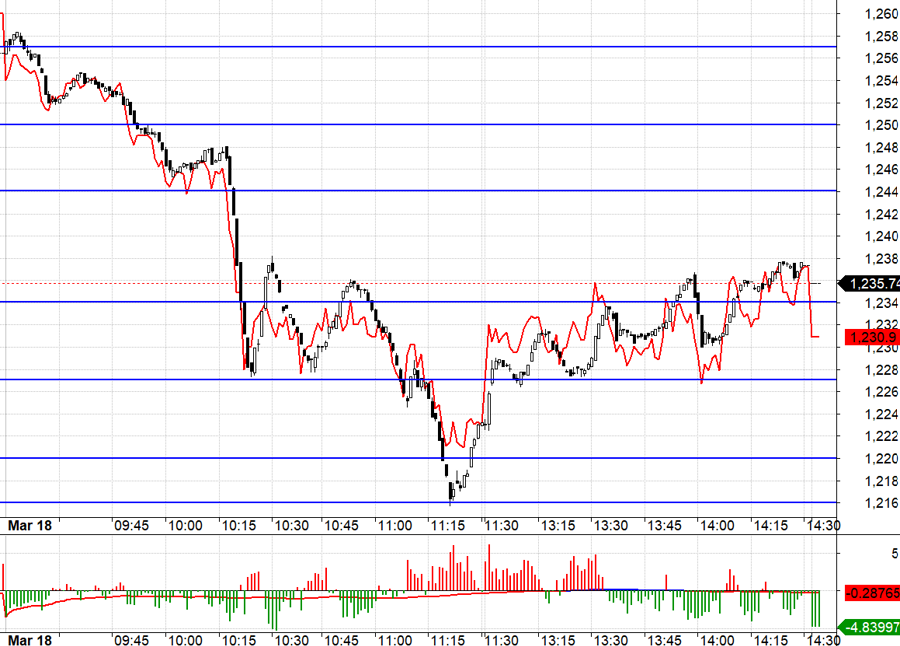On March 1, 2024, Deputy Prime Minister Tran Hong Ha chaired a meeting to listen to the report on the draft Decision of the Prime Minister stipulating the reasonable and legitimate recycling cost for a unit of product and packaging; the cost of administrative management serving the management, supervision, and support for the implementation of the responsibility to recycle products, packaging, and the responsibility to collect and treat waste from producers and exporters.
According to the Ministry of Natural Resources and Environment, the issuance of the Decision is necessary to establish a complete legal basis for the implementation of the responsibilities of producers and importers, according to the 2020 Law on Environmental Protection.
However, since the enactment of the Law, most manufacturing and importing enterprises have not fully complied with the recycling regulations and often choose to contribute financial support for recycling to the state fund instead of implementing recycling themselves or signing contracts with qualified recycling businesses.
In the process of determining the reasonable and legitimate recycling cost (Fs), the Ministry of Natural Resources and Environment has conducted investigations and surveys of the actual recycling costs at nearly 70 large recycling facilities nationwide; at the same time, it has referred to and compared with the regulations in countries and territories that require financial contributions for recycling to the state fund.
Affirming that the recycling regulations are necessary in the context of integration and sustainable development requirements, Deputy Minister of Planning and Investment Nguyen Thi Bich Ngoc, however, stated that it is important to calculate the appropriate Fs in accordance with the implementation resources of businesses, as well as the impact on production costs and product prices.

Meanwhile, the Vietnam Waste Recycling Association states that most local recycling facilities in craft villages do not meet the standards. Therefore, state management agencies need to tighten the inspection, examination, and strict handling of non-compliant recycling facilities and businesses that violate the environmental protection regulations in the 2020 Law.
In his directions at the meeting, Deputy Prime Minister Tran Hong Ha emphasized that the responsibility to recycle products, packaging, and the collection and treatment of waste is the responsibility of businesses as stipulated, and this policy is not new compared to the world and has been highly unified to be included in the 2020 Law on Environmental Protection.
According to the Deputy Prime Minister, in principle, businesses should be encouraged to implement their recycling responsibilities according to the provisions of the Law or sign contracts with qualified recycling businesses. In the case where businesses choose to contribute financial support for recycling to the state fund, the contribution level should be based on the Fs survey data from qualified recycling businesses, prioritizing units with modern technologies.
Regarding the regulation of administrative management costs serving the management, supervision, and support for the implementation of the responsibilities to recycle products, packaging, and the responsibility to collect and treat waste from producers and exporters, the Deputy Prime Minister assigned the National Extended Producer Responsibility (EPR) Council to study and decide on the appropriate model, personnel, and budget according to regulations.
The Deputy Prime Minister also gave opinions on strengthening the inspection and supervision of businesses’ compliance with recycling regulations through post-checking methods; supporting and encouraging people to classify household waste and recycle…








































